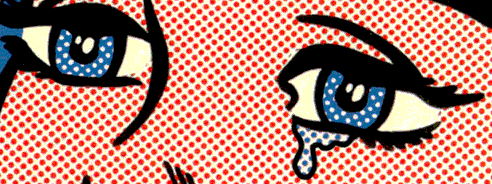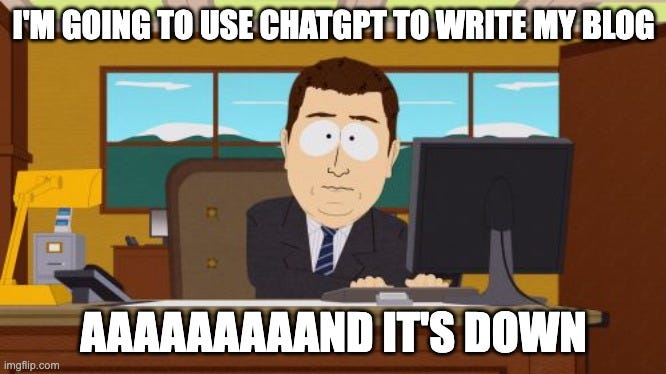South Park creators raise $20 million for AI visual effects studio.
Plus, three artists open copyright lawsuit against text-to-image generators.
In today’s email:
South Park creators raise $20 million for AI visual effects studio.
Three artists open copyright lawsuit against Stability AI and Midjourney.
Two AI chrome extensions you need to install.
😎 3 Cool Things
Generate quick summaries of YouTube videos with this AI tool.
Automate your emails with this free Chrome extension.
King of the Hill characters reimagined with Midjourney.
🤓 2 Big Stories About AI
1. South Park creators raise $20 million for AI visual effects studio.
The creators of “South Park”, Matt Stone and Trey Parker, have raised a $20 million investment for their AI visual effects studio Deep Voodoo.
The 🥩 of it:
Trey Parker and Matt Stone, the creators of South Park, have raised $20 million to continue work on their professional deepfake studio, Deep Voodoo.
The company was created during the media shutdown of 2020 due to the pandemic. Parker and Stone had already begun assembling an AI artist team for a film they were developing and focused on creating the tools for use later.
“We stumbled upon this amazing technology and ended up recruiting the best deepfake artists in the world,” - Matt Stone
Deep Voodoo made its public debut alongside Kendrick Lamar in the video for “The Heart Part 5”.
The video showed Lamar delivering his lyrics in seemingly one take, but when he addresses the camera directly his face takes on the aspects of others, like OJ Simpson, Nipsey Hussle, Kobe Bryant and Kanye West.
Deep Voodoo has begun offering its technology to others in the industry with the help of $20 million from Connect Ventures.
They’re not alone in this race. Digital de-aging and “re-facing” has become a common technique at Disney.
Remember how much people hated their attempt at Young Luke Skywalker?
Deepfake was one of the first major concerns with AI. As it becomes easier and easier to artificially add someone’s face and voice to a video, how will our future selves know how to distinguish between real and fake videos?
2. Three artists file copyright lawsuit against Stability AI and Midjourney
The attorneys behind the recent lawsuit against GitHub, Microsoft, and OpenAI are working with three artists to file a new lawsuit against Stability AI, Midjourney, and DeviantArt.
The 🥩 of it:
A group of artists are suing AI art generators Stability AI and Midjourney, and artist portfolio platform DeviantArt, for allegedly infringing the rights of "millions of artists" by training their AI tools on five billion images scraped from the web "without the consent of the original artists."
The lawsuit has been filed by lawyer Matthew Butterick and the Joseph Saveri Law Firm, which specializes in antitrust and class action cases.
The attorneys representing the artists are also currently suing Microsoft, GitHub, and OpenAI in a similar case involving the AI programming model CoPilot, which is trained on lines of code collected from the web.
In a blog post, Butterick describes the case as "another step toward making AI fair & ethical for everyone."
AI art tools have exploded in popularity over the past year, but the art community has reacted strongly to their use, with many objecting to the use of their work to train the AI responsible for generating the art.
The question of whether or not these systems infringe on copyright law is a complicated one that experts say will need to be settled in the courts.
The creators of AI art tools generally argue that the training of this software on copyrighted data is covered by fair use doctrine.
However, cases involving fair use still need to be litigated and there are numerous complicating factors when it comes to AI art generators.
The lawsuit has also been criticized for containing technical inaccuracies, for example, the suit claims that AI art models "store compressed copies of [copyright-protected] training images" and then "recombine" them, but AI art models do not store images at all, but rather mathematical representations of patterns collected from these images.
It’s a complicated matter. While I don’t have the answers, our biggest fan (who is also my dad) had some thoughts on the issue…
“I don’t think these artists have a leg to stand on … A human artist also uses other artists style with no repercussions. If a “style” can be copyrighted then all forms of art (music, dance, theater, and visual art) are in for a big p!ssing match. But I understand why artists are concerned.” - My dad (not a lawyer)







